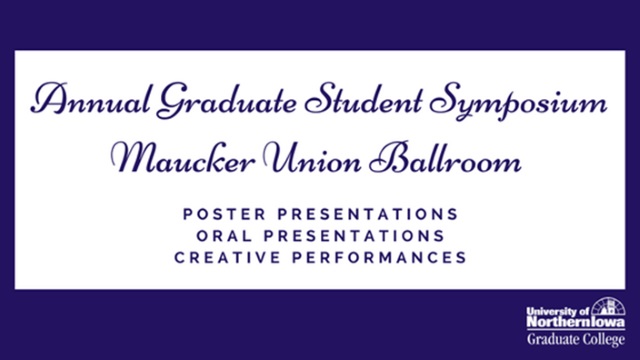
Complete Schedule
Vargas Llosa and the Creation of a New Rhetorical Orientation
Presentation Type
Oral Presentation (Electronic Copy Not Available)
Keywords
Vargas Llosa, Mario, 1936- --Criticism and interpretation; Partido Revolucionario Institucional;
Abstract
How to criticize a government when that critique is being used as evidence of the legitimacy of the government? The problem of criticizing anti-democratic governments runs deep, so I draw from Vargas Llosa, a Peruvian public intellectual, and his solution to this problem in the context of Mexican politics. Framing the problem through Burke's notion of "rhetorical orientation," I do a rhetorical analysis of Vargas Llosa's public intervention in Mexico where he introduced the concept of a "perfect dictatorship." Vargas Llosa argued that PRI, a Mexican political party that held presidential power from 1929 to 2000, had the perfect dictatorship because, among other practices, it created a rhetoric that justified the party’s long hold on power. In particular, PRI allowed the intellectual class to criticize them because it helped the party appear “democratic” and Mexico an “open society.” In order to solve this problem, I argue that the critic has to step “outside” of the government’s rhetorical orientation and create a new one. To create a new rhetorical orientation, the critic has to identify the rules of the game, analyze those rules, destroy or maintain the existing rules, and finally, erect/create new rules for the rhetorical transaction.
Start Date
3-4-2018 1:00 PM
End Date
3-4-2018 4:00 PM
Faculty Advisor
Ryan McGeough
Department
Department of Communication Studies
Copyright
©2018 Ismael Quinones
Embargo Date
3-30-2018
Vargas Llosa and the Creation of a New Rhetorical Orientation
How to criticize a government when that critique is being used as evidence of the legitimacy of the government? The problem of criticizing anti-democratic governments runs deep, so I draw from Vargas Llosa, a Peruvian public intellectual, and his solution to this problem in the context of Mexican politics. Framing the problem through Burke's notion of "rhetorical orientation," I do a rhetorical analysis of Vargas Llosa's public intervention in Mexico where he introduced the concept of a "perfect dictatorship." Vargas Llosa argued that PRI, a Mexican political party that held presidential power from 1929 to 2000, had the perfect dictatorship because, among other practices, it created a rhetoric that justified the party’s long hold on power. In particular, PRI allowed the intellectual class to criticize them because it helped the party appear “democratic” and Mexico an “open society.” In order to solve this problem, I argue that the critic has to step “outside” of the government’s rhetorical orientation and create a new one. To create a new rhetorical orientation, the critic has to identify the rules of the game, analyze those rules, destroy or maintain the existing rules, and finally, erect/create new rules for the rhetorical transaction.


